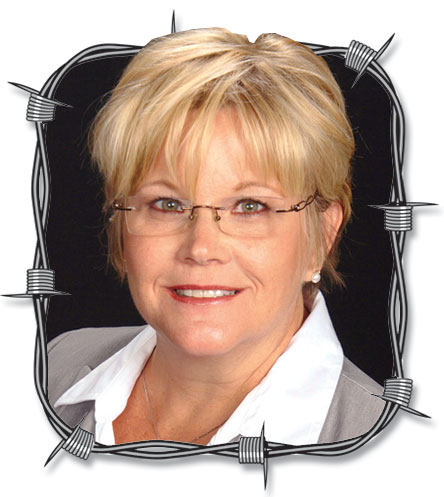One morning you receive a phone call from your veterinarian telling you that he has finished treating some of your animals that you dropped off at his clinic last week but if you want to pick them up, you will have to pay his bill in full. When you dropped-off the animals at the veterinary clinic, you signed a form authorizing their treatment. Your veterinarian tells you the reason why he will not release your animals to you is because while you have eventually paid your bills in the past, you had been taking a long time to do so and he was tired of waiting to get paid. The question immediately jumps into your mind: Can my veterinarian keep my animals until I pay my bill? The answer in many states, including Missouri and Arkansas is: “Yes.”
For more than 140 years, since at least 1866, Missouri has allowed every person who furnishes work or material on any horse, mule or other animal, who has a document signed by the animal’s owner or authorized agent for that work or materials, to have a lien on the animal for the amount of their work or materials as shown on that document. R.S. Mo. § 430.030. “Work” includes veterinary care, treatment, grooming and other services while “materials” involve such things as feed, medications (prescription and OTC), collars, leashes, shampoos, flea powder, harnesses, splints, casts, x-rays, ultrasound and MRI images, etc.
To have this lien on an animal(s), a Missouri veterinarian must keep the animal(s) in his or her possession until their bill is paid. This is called a “possessory lien.” A veterinarian can also charge the owner for the food and boarding costs of the animal incurred while the bill remains unpaid. If a veterinarian returns the animal to the owner, this lien is lost. However, the owner still remains responsible to pay the veterinarian’s bill.
There is another Missouri law that might come into play. R.S. § 430.150. This statute applies to boarding animals, and provides that every person who boards or keeps an animal will have a possessory lien on that animal for the amount of their boarding fee until their bill is paid.
For a little while, there was a question whether Missouri veterinarians, unlike stables, liverymen and blacksmiths, could use these lien laws against their clients. In 1900, the Missouri Court of Appeals in Kansas City, ruled that “yes,” Missouri veterinarians could use these lien laws. Maryville National Bank v. Snyder, 85 Mo. App. 82 (1900). Indeed, the Court ruled even if the General Assembly had not passed these laws, Missouri veterinarians would still be entitled to a lien on animals that had been treated or kept, because such a legal right had existed in the common law.
While Arkansas law appears to have been a bit unclear whether or not a Arkansas veterinarian could retain possession of an animal(s) until his or her bill was changed, recent changes to the Arkansas Uniform Commercial Code, as well as the Missouri Uniform Commercial Code, might now allow veterinarians in both of these states to assert an “agricultural lien” or your animal(s) if they timely and properly file a U.C.C.-1 Financing statement of them.
Generally, a U.C.C. “agricultural lien” covers any medications, supplies or materials (“goods”) or services provided by a veterinarian to a farmer or rancher. It also applies to any livestock, whether born or unborn (i.e., offspring), and what is derived, in an unmanufactured state, from livestock.
In conclusion, Missouri law does allow for veterinarians to have a possessory lien on animals, while Arkansas law does not appear to be entirely clear. In other words, Missouri veterinarians can hold your animal(s) until their bill is fully paid. Finally, both Arkansas and Missouri veterinarians might now be able to assert a U.C.C. “agricultural lien” on your animal(s) if they timely and properly file a U.C.C.-1 Financing statement on the animal(s) they have treated.
Gregory M. Dennis is Legal Counsel for both the Missouri and Kansas veterinary medical associations. He is a charter member of the American Veterinary Medical Law Association and a past president of that organization who had written and spoken extensively on veterinary law matters. Mr. Dennis is with Kent T. Perry & Co., L.C., in Overland Park, Kan.





